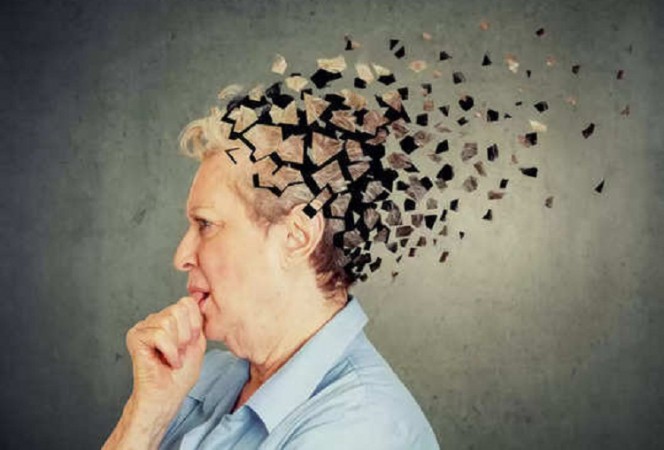
A recent study conducted in Toronto reveals that older persons who experience sleeplessness are more likely to experience memory loss and long-term cognitive impairment, such as dementia.
The study indicated that they are also more likely to show greater prevalence of anxiety, sadness, daytime sleepiness, breathing disruptions when sleeping, other sleep-related problems and a greater body mass index (BMI) score.
Researcher Nathan Cross, from the Concordia University, Montreal in Canada said: "we observed that insomnia specifically was connected to worse memory function compared to those who have only moderate insomnia symptoms or no sleep problems at all." "We also looked at other cognitive function domains, like attention span and multitasking, and this memory deficit was specific. Only memory discrepancies were discovered" he added.
The team analysed data from about 26,000 participants, ages 45 to 85, for the study, which was published in the journal Sleep. The subjects were grouped into three categories: those who reported no sleep issues at the baseline in 2019, those who had some symptoms of insomnia, and those who likely developed insomnia.
Subjective memory deterioration was indicated by participants who reported declining sleep quality over the three-year period (2019-2022).
Memory deterioration was more likely to occur in people whose sleep quality deteriorated, either from no symptoms to some or probable insomnia or from some symptoms to probable insomnia.
"All of these are considered risk factors for cognitive decline and dementia," researchers said, adding that "Males with insomnia perform worse than women on memory tests, suggesting that older men may be at greater risk."
CCMB research identifies 8 novel genes for male fertility
Health: Pre-menstrual stress, anxiety are global public health issues
Molecular relationship between diabetes and fatty liver disease: IIT Study